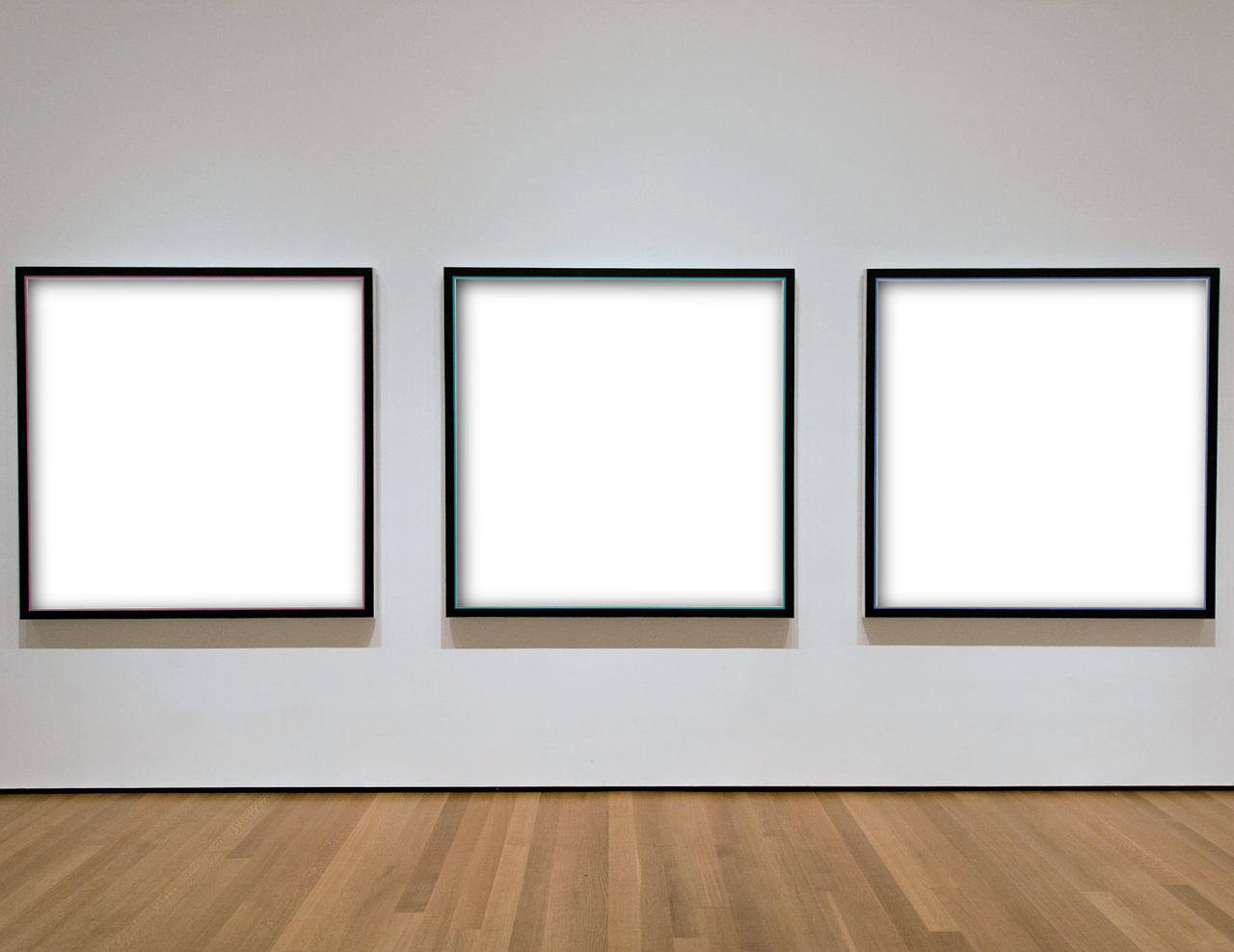
Museum Ethics
Deaccession and Museum Ethics
- Several professional museum associations have drafted codes of ethics governing the practice of deaccession. Two majors areas of ethical concern that are common in these codes of ethics are the prohibition of sale or transfer of collection items to museum trustees, staff, board members, or their relatives and the need to restrict the use of proceeds from any works disposed of via sale or auction.[5]
- The first of these ethical concerns is rather straight forward. The second has become a point of contention in recent years since museums and cities, like Detroit have been struggling with financial shortfalls.
- According to the AAMD (The Association of Art Museum Directors): “Funds received from the disposal of a deaccessioned work shall not be used for operations or capital expenses. Such funds, including any earnings and appreciation thereon, may be used only for the acquisition of works in a manner consistent with the museum’s policy on the use of restricted acquisition funds.”[1]
- According to the AAM (the American Association of Museums): “Proceeds from the sale of nonliving collections are to be used consistent with the established standards of the museum`s discipline, but in no event shall they be used for anything other than acquisition or direct care of collections.”[6]
- According to the AASLH (the American Association for State and Local History): “Collections shall not be deaccessioned or disposed of in order to provide financial support for institutional operations, facilities maintenance, or any reason other than the preservation or acquisition of collections.”[7]
- According to ICOM (the International Council of Museums): Proceeds should be applied solely to the purchase of additions to museum collections.[8]
- These associations have each determined to their own degree that all proceeds from sale or auction should be restricted to the future acquisition of collection objects and/ or to the ongoing maintenance of current collection holdings. Their decision and perspective on the practice of deaccession reflects a long-term view of museum collections as items held in public trust and preserved for access, appreciation, education, and enjoyment of not only today`s public but the future public. See Public trust doctrine
- Source Wikipedia


